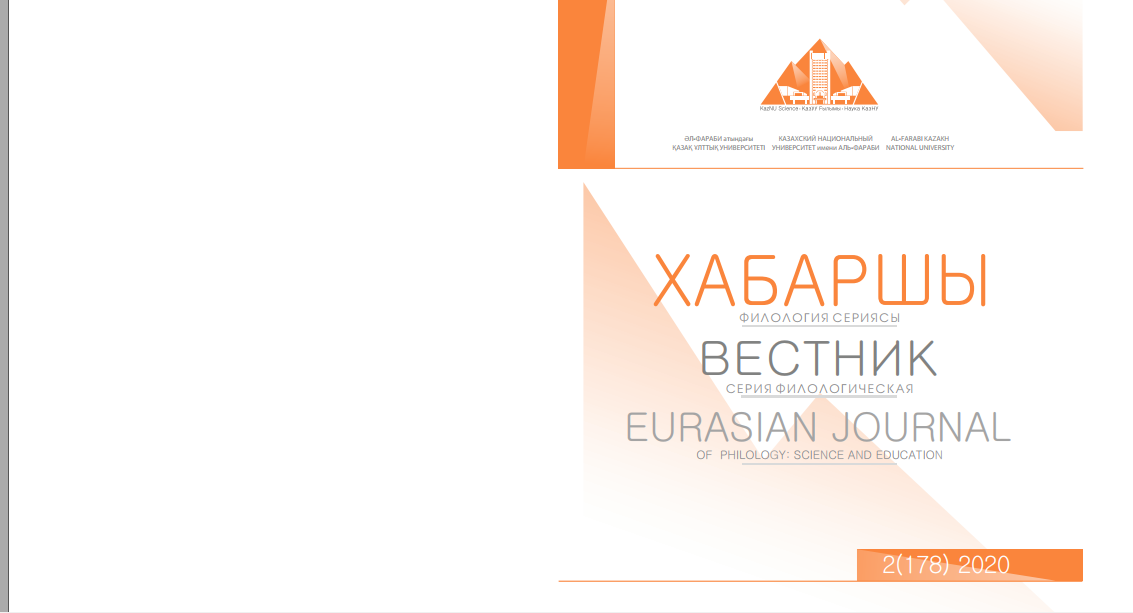Speech of the president. Features of oratory discourse of the President
DOI:
https://doi.org/10.26577/EJPh.2020.v178.i2.ph23Abstract
As is known, new lexical units will also benefit from the emergence of new ones. Similarly, if a new society is created through a new law, it will affect the new political system and structure. However, political phenomena and political elements occurring in public and political life form the lexicon of the language. In related linguistics, the trend toward integrating socio-political vocabulary and the language of leaders has become profitable. It is natural for any political person to put national interests first in shaping the image of the world. The significance of political texts is important. Political language also includes the function of registering and changing political facts. Political texts are a means of communication between authorities and citizens. Political language and political oratorical communication are closely intertwined. In Western culture, oratory has three aspects: natural human abilities, theoretical logic, and relentless continuous work. In Ancient Rome, oratory was classified according to political motives, the carriers of the national council, and judicial sentences, according to their meaning, each of which had its own purpose. For example, oratory in the political arena aroused the feelings of listeners in the political community by identifying and carefully checking justice and injustice in the court, justice and neglect in the national Council.






